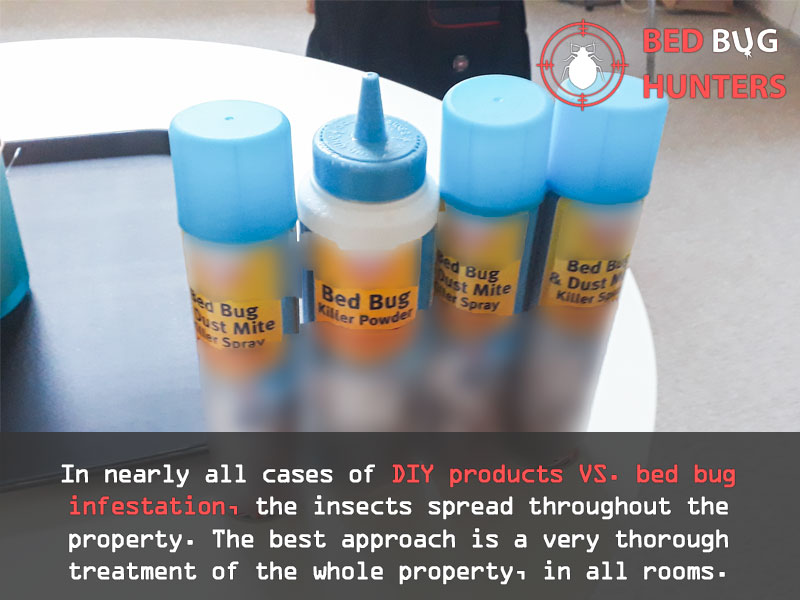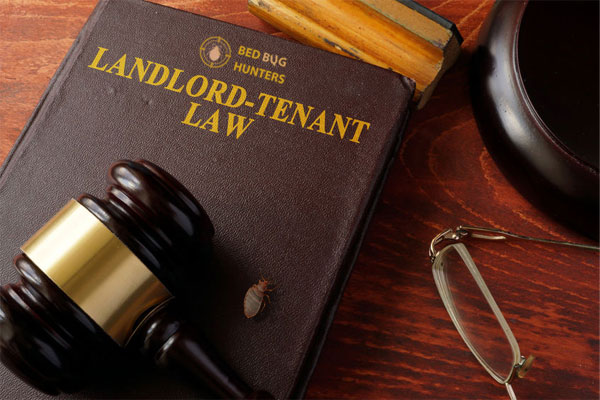Professional bed bug assessment and report can help in disputes
The presence of bed bugs in rented accommodation in the United Kingdom is not covered by a specific piece of pest legislation. Since bed bugs do not spread any harmful diseases, they are merely considered to be a nuisance pest.
However, in infested rental accommodation there is often dispute as to who should pay for professional extermination of the bugs.
By hiring a pest controller or bed bug expert accredited to the British Pest Control Association, (BPCA), you may however be able to prove who is responsible for the infestation and therefore has financial liability.
A written report from the initial inspection and risk assessment may act as proof of responsibility and help to prove your case in Court if you go that far. Whether treatment is the responsibility of the Landlord or the Tenant the local Council is another Authority that may serve an enforcement letter – in circumstances where the liable person does not want to take responsibility for the matter.
By professionally assessing the level of bed bug infestation, the source location and possible spread of the insect and the number of nests and eggs present, we can tell with very high levels of probability how old and infestation is. This is the key factor from the assessment, which usually clarifies the whole situation and determines the responsible party.

So, under what circumstances would either the landlord or tenant be held responsible for treatment?
-
Landlord’s responsibility
The landlord or agency managing the property may be required to cover the expense of bed bug treatment in the case that the accredited pest control provider finds out that the tenant has moved into a property that is already infested.
If we assess an average to high level of bed bug infestation, this would indicate that the problem has been there for at least 2-3 months. This is evidenced by the slower reproductive cycle of bed bugs when compared with other insects. In a case whereby the tenant has just recently moved in, it is clear that the bed bug problem was pre-existing. It would therefore be difficult for a landlord to claim that the new tenant brought the infestation.
-
Tenant’s responsibility
In those cases where tenants have been living in a property for some time and then they report a bed bug issue, most likely they have introduced the bed bugs themselves, even if not directly. Bed bugs can be introduced after travelling or guests visiting the property, in both cases unknowingly bringing bed bugs in with their luggage.
An inspection then would normally assess a fairly new and low-level infestation. This is when the landlord may refuse to take responsibility and the tenants may have to pay or share the expense of the treatment. The infested bedroom where we find the main source of bed bugs is where the problem initially started; this too may indicate the source.
-
Other bed bug infestation case scenarios
There are rare instances where a heavily infested mattress or a piece of furniture is left carelessly near the front doors of a neighbouring property, leading to the spread of the bugs. If this is properly assessed and evidence is collected, the person who has left the infested items may be held responsible for the treatment. Passage of bugs through the piping leading from one property to another is also possible but rare and the risk of bed bug introduction this way is relatively low.
Our advice to tenants and landlords is to act promptly when they encounter a bed bug issue in their property and hire a professional to inspect and risk assess the situation.

DIY bed bug sprays and smoke bombs fail in 90% of the cases
We do not recommend DIY treatments using retail bed bug sprays or smoke bombs, as these methods often result in the spreading of the pests throughout the property. The bugs literally ‘run away’ from ineffective treatments. Poor DIY treatment may also lead to the building up resistance to insecticides, thus making it very difficult even for the most experienced specialists to cope afterwards.
Every case is different, and the complete extermination of the bed bugs depends on many factors. The best practice with this insect is always to treat the whole property, which is extremely difficult to achieve with a DIY method. The active ingredients in ‘professional use only’ insecticides are far more efficient, especially when combined with integrated heat methods, such as dry steam treatment. For more information and detailed assessments, and advice over the phone, our customer service is available 24/7.
Author:
Blago Manov
Managing Director of
Bed Bug Hunters & Prime Pest Control
Edited by:
Peter M. Cherry
BSc. (Hons) Biology
Director. Pests Birds and Bugs Ltd.




